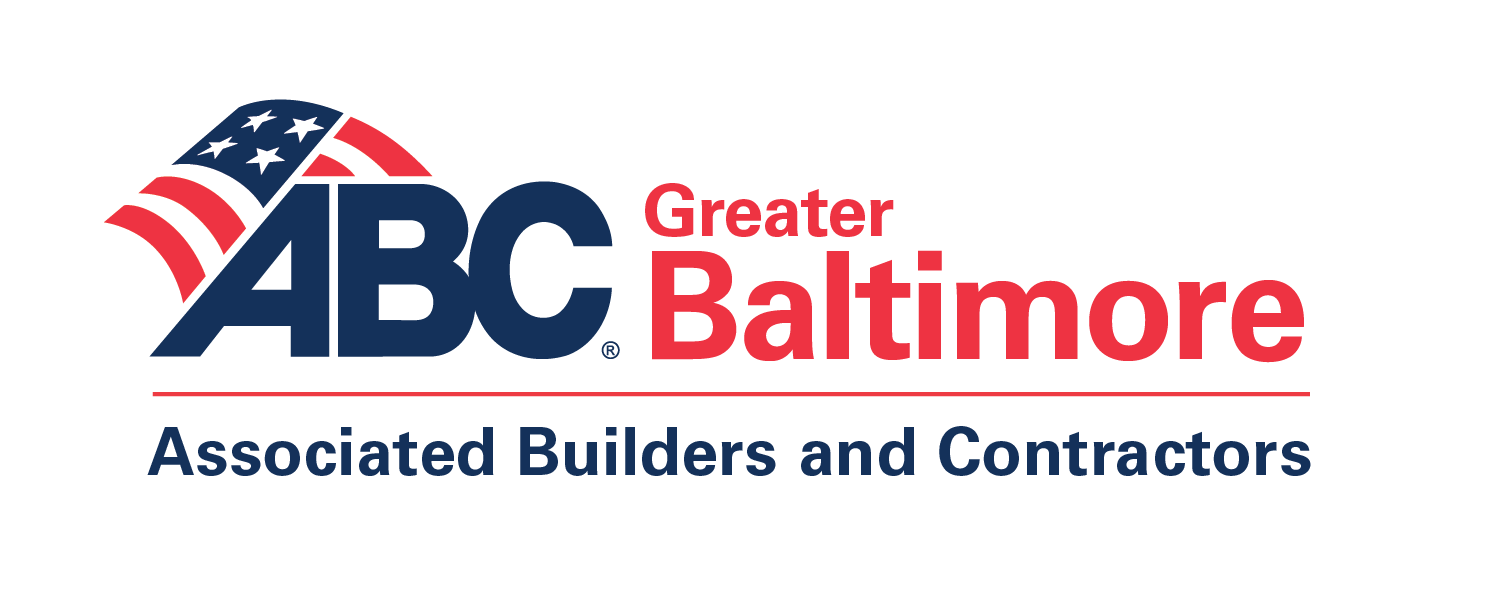This is a reproduction of an article in the Saturday April 20th edition of The Baltimore Sun that can be found HERE:
I read Kelvin Jordan’s recent commentary (‘Rebuild the Key Bridge with local union
labor,” April 8) with a mix of interest and unease.
The Francis Scott Key Bridge tragedy of last month is one of those events that is so
jarring, so surreal, the memories will likely stay with us for the rest of our lives.
The job of rebuilding this bridge, a structure that for decades was so indelibly etched
into the minds of our community, goes well beyond an engineering and construction
challenge, as formidable as those are, to one that deeply touches our collective
psyche. Because one day, hopefully in the not-too-distant future, as traffic once again
makes its way across the Patapsco River, it’s almost inconceivable to imagine we will
be able to make that journey without thinking about the tragic loss of life.
As members of Associated Builders and Contractors, we share the writer’s desire to
rebuild with a highly trained local workforce that is paid the prevailing wage. We also
believe that the workforce should be performing that work at the highest standards of
safety. We also share his desire for the minority community to be well represented
among the legion of small businesses and workers it will take to get the job done.
And even though the construction workforce in Maryland has chosen overwhelmingly
— nearly 9 out of 10 — not to be in a union, we welcome the opportunity to work side-
by-side those who did.
The very arguments Jordan makes on why our elected officials need to embrace a
union-only approach to rebuilding, sadly, do not line up with reality.
The truth is the minority community is greatly underrepresented in union construction.
The majority of construction in Maryland, from highly complex data centers and
hospitals to schools and multifamily housing, is built by merit shop workers. Merit shop
ideals were born in Baltimore nearly 75 years ago and promote the belief that
individuals should be able to succeed, grow in their career and grow their businesses
free from requirements to join a union. This idea that everyone must be in a union
runs counter to the very heart of who we are as a society, a country.
Every time Maryland (or really, any state or municipality) tries to impose a Project
Labor Agreement (PLA) it results in the loss of opportunity for local, qualified workers.
And with unions representing such a small minority of the workforce in Maryland, it
only follows they will have to go outside the state to find workers. And the numbers
back that up.
And when you consider PLAs eliminate the majority of the local competition,
construction gets more expensive. A lot more.
From fire stations and libraries to the Washington Nationals ballpark, PLAs have a
miserable track record in this region. When officials decided to build a new fire station
in Brandywine, the dramatically reduced list of contractors willing to bid union-only
resulted in costs coming in 41% over the estimate. By the time the actual project was
completed, it was more than 12 months late.
Examples like these might explain why Jordan holds up Philadelphia as a model he
asks Maryland officials to emulate. But that may not have been such a great choice.
Philadelphia’s construction market is dominated by unions, and PLAs are often
utilized on public works projects. However, the skilled trades remain overwhelmingly
white and minority businesses struggle to get opportunities.
If there is a willingness to have a conversation about how we can expand training and
career opportunities for all — whether union or non-union — then by all means, let’s
have that conversation. At the end of the day, we all want the same things out of life.
But this idea that unless you “join our club and pay our dues” you’re going to be on the
outside looking in, is the kind of regressive, closed-door thinking I hope our elected
officials flatly reject.
— Larry Lopez, Columbia
The writer is chairman of Associated Builders and Contractors Greater Baltimore.

